| | | | | | | Presented By NYSE | | | | Axios What's Next | | By Jennifer A. Kingson and Joann Muller · May 03, 2022 | | Flippy the robot will cook your burger now — or fry your onion rings, never bothered by long hours or a splatter of hot grease. See our report on restaurant automation, below. - Have you been served by a robot or seen something technologically interesting while buying a meal? Send us a picture: whatsnext@axios.com.
⚡️Join Axios Pro's Tim Baysinger Thursday at 2:30 p.m. ET for a live discussion of the tumultuous year in media and entertainment, featuring NBCUniversal chair of global advertising and partnerships Linda Yaccarino. Register here. Today's Smart Brevity count: 1,113 words ... 4 minutes. | | | | | | 1 big thing: The fry cook is a droid |  | | | Illustration: Annelise Capossela/Axios | | | | As labor shortages continue to bedevil the food service industry, robots are transforming how restaurants cook french fries, brew coffee, fry tortilla chips and grill burgers, Jennifer A. Kingson writes. Why it matters: "Smarter" back-of-the-house machines are helping companies serve more consistent food — and more batches of it — in safer and more virus-proof kitchens. - For humans, this means fewer grease burns and goof-ups tied to juggling too many orders.
- For employers, it means lower payrolls and the luxury of shifting workers to customer-facing positions.
Driving the news: Now that front-of-the-house automation has grown ubiquitous — we almost expect to order food through a kiosk — some of the biggest innovations in quick-serve restaurants are in meal preparation. - Robots with artificial intelligence don't just blindly plop mounds of hash browns into a deep fryer: They can tell if a basket handle is askew or the oil is too hot and correct the problem.
- Machines are taking over a lot of mundane tasks that are prone to human error, like monitoring refrigerator conditions, cleaning exhaust hoods and disposing of fry oil.
Details: Flippy, a burger-flipping droid made by a company called Miso Robotics, has been making a splash at CaliBurger, which is showcasing Flippy's talents at its store in Pasadena. Chains like White Castle and Jack-in-the-Box are using a next-generation machine called Flippy 2. - It's a ceiling-mounted automated fry station with a robotic arm that can turn out food round-the-clock and distinguish between a chicken wing and a nugget.
- Miso Robotics also makes Chippy, which turns out tortilla chips for Chipotle, and CookRight Coffee, which monitors the temperature and quantity of coffee in urns for Panera Bread.
- Sweetgreen recently purchased a Boston-based kitchen robotics company called Spyce Foods, spun out of MIT, which churns out bowls of food in automated woks.
The big picture: "We're trying to fundamentally transform how food is prepared," Mike Bell, CEO of Miso Robotics, tells Axios. "The vision behind all this is to have a fully integrated platform of both hardware and software." Flippy 2 prepares chicken wings. Photo courtesy of Miso Robotics Read the rest. |     | | | | | | 2. Why we're still reluctant to fly abroad |  Data: The Points Guy; Chart: Kavya Beheraj/Axios Many Americans are hesitant about international travel because they're afraid of getting stuck abroad if they test positive for COVID-19, according to a new survey from The Points Guy, Joann Muller writes. Why it matters: It's the summer of revenge travel, with lots of pent-up demand, but the United States' lingering requirement for a negative COVID test for re-entry is putting a damper on some plans, the travel website's survey shows. Details: Every traveler age 2 and over flying into the U.S. must show a negative coronavirus test taken the day before boarding. - That includes American citizens returning from overseas, regardless of vaccination status.
Required COVID testing is the biggest remaining travel restriction in the U.S., after a federal judge struck down the Federal Aviation Administration's rule requiring masks on public transportation. - The mask mandate is no longer being enforced by the Transportation Security Administration or most airlines.
The bottom line: Summer travel, buffeted by inflation and rising fuel costs, is still being affected by COVID-19 protocols, too. |     | | | | | | 3. Mental health app boom raises alarms |  | | | Illustration: Sarah Grillo/Axios | | | | The pandemic-driven boom in mental health and wellness apps that helped ease two years of COVID-driven discontent is now raising alarms over privacy and efficacy, Ashley Gold writes in Axios Login. Why it matters: Online services for mental health have given more people easy access to help than ever before, and the sector is booming with investment. Yes, but: Not every mental health problem can be solved with an app, and consumers are confused by the range of options available, as advertising for apps can sometimes conflate serious mental health issues with vaguer well-being concerns. - "We need to become more sophisticated and differentiate between the apps and what they're trying to do," said René Quashie, vice president of policy and regulatory affairs for digital health at the Consumer Technology Association.
- "There's a difference between somebody who's got serious depressive symptoms and somebody who is going through a stressful period in their life," and apps should be clear about their aims and abilities, Quashie told Axios.
There's also controversy around apps that diagnose and prescribe stimulants for treating attention deficit disorders. - Those apps grew in popularity thanks to a pandemic-era waiver that allows companies to prescribe controlled substances online, but now some are facing accusations that they are "Adderall mills."
Read the full story. |     | | | | | | A message from NYSE | | 5 questions, powerful insights | | | 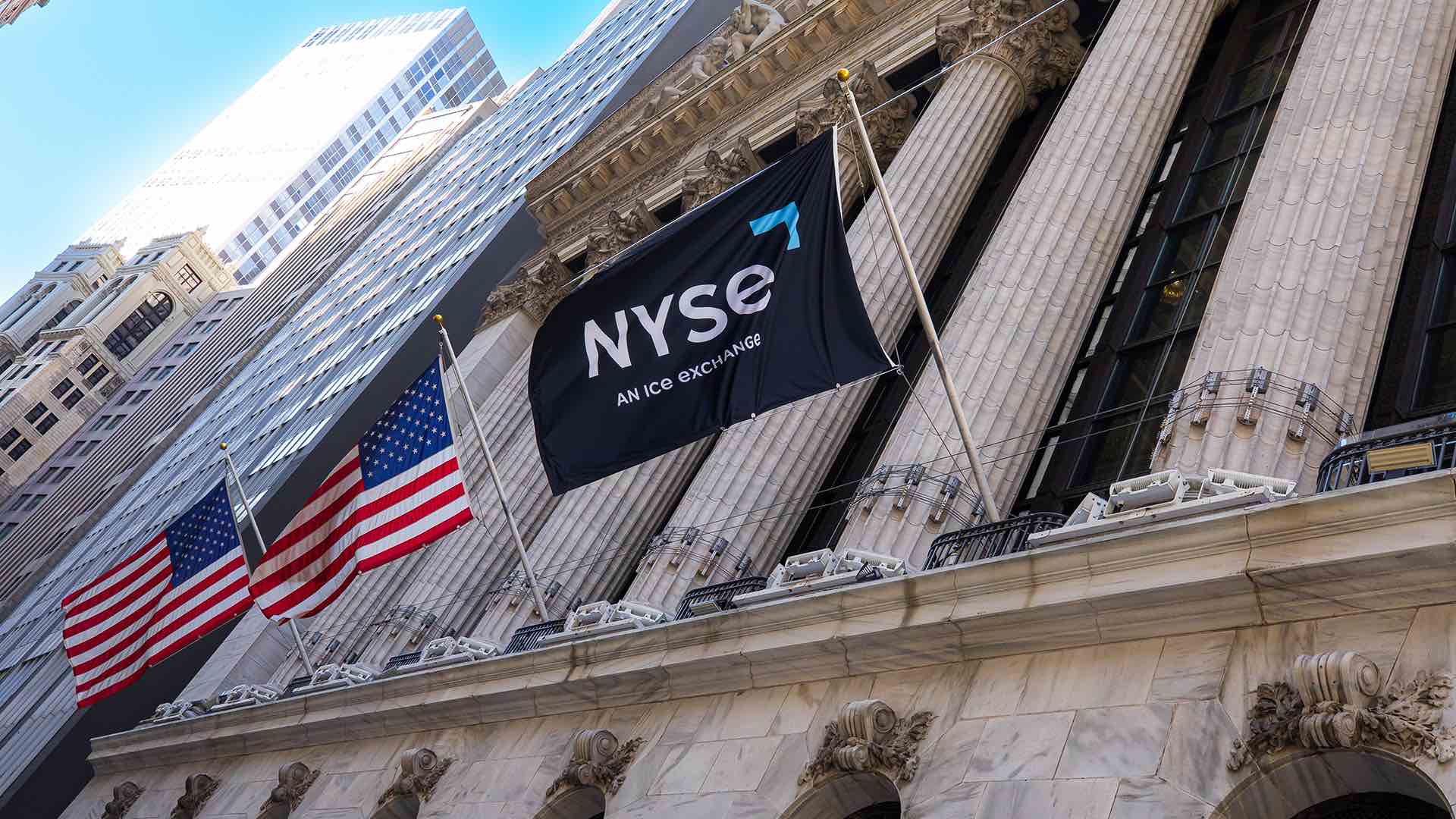 | | | | The NYSE spoke with today's tech leaders to ask them five questions about the future. Hear their insights on key trends impacting society, what business leaders should be prioritizing, ESG issues dominating the corporate agenda and more. Watch The Future in Five. | | | | | | 4. The fight over abortion keeps playing out in the states |  | | | Photo: Alex Edelman/AFP via Getty Images | | | | The Connecticut state Senate passed a bill late Friday to protect abortion providers from bans in other states that are enforced via civil lawsuits, Axios' Oriana Gonzalez reports. Driving the news: The unique legislation is a direct response to laws in Texas, Idaho and Oklahoma that ban abortions either entirely or after six weeks into pregnancy and allow private parties to sue anyone who they suspect has helped someone obtain an abortion. - While the Texas law remains in effect, the Idaho measure was temporarily blocked by a federal court in early April.
- The Connecticut legislation protects people in that state who have never set foot in Texas from being charged under the Texas law. It does not protect people who have left Texas to seek an abortion.
- Oklahoma lawmakers on Thursday passed a near-total ban and a six-week ban, both modeled after Texas' law.
What's next: The Connecticut bill now heads to Gov. Ned Lamont's (D) desk. He has pledged to sign it into law. - The bill would take effect in July.
What we're watching: The legislation could "serve as a blueprint for states across the country seeking to protect the right to choose" as red states continue to pass restrictive laws, according to Connecticut state Rep. Matt Blumenthal (D), one of the bill's authors. Read the full story. |     | | | | | | 5. What was next: "Googie" architecture | 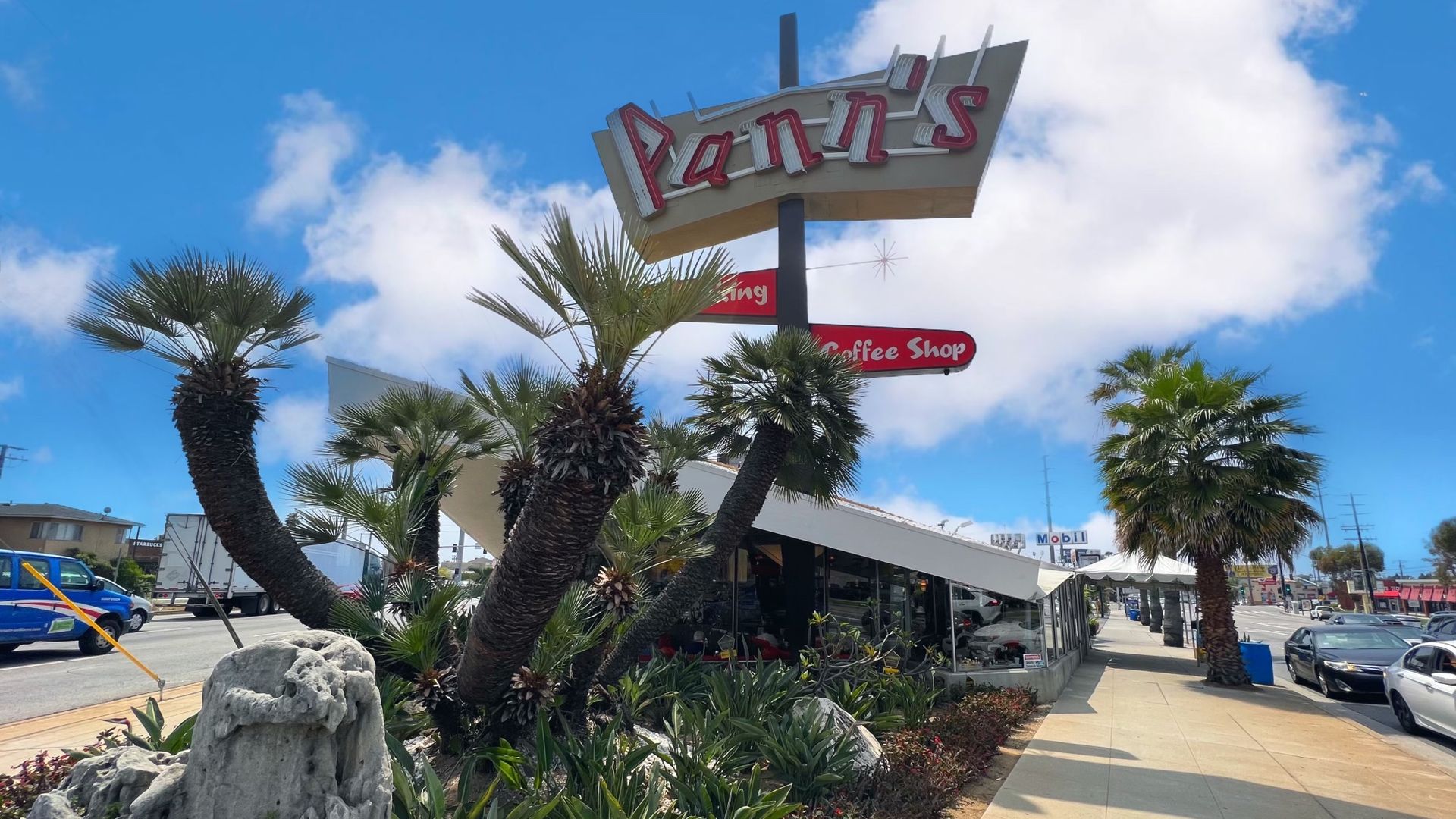 | | | Pann's restaurant in Los Angeles. Photo: Clifford A. Sobel | | | | Long before there was Google, there was "Googie," a style of architecture born in Southern California that symbolized futuristic aspirations and modern cool, Jennifer learned during a visit to Los Angeles last week. - Popular from the 1940s-1970s, the style features "Space Age designs symbolic of motion, such as boomerangs, flying saucers, diagrammatic atoms and parabolas," per Wikipedia.
- The name comes from Googie's Coffee Shop, which was at the corner of Hollywood Boulevard and Crescent Heights until 1989. The term "Googie architecture," meant as a pejorative, was coined in a 1952 article in House and Home magazine by Douglas Haskell, who apparently found it tacky.
- Jennifer made it to two Googie landmarks during her trip — Pann's Coffee Shop, above, and Swingers, below — but didn't have time for others, like the oldest surviving McDonald's, in Downey, California. (Next time!)
Swingers restaurant in Los Angeles. Photo: Clifford A. Sobel Googie icons located outside California include the Seattle Space Needle, the old Eero Saarinen TWA Terminal at JFK Airport in New York and the "Welcome to Fabulous Las Vegas" sign in Sin City. |     | | | | | | A message from NYSE | | Dream bigger | | | 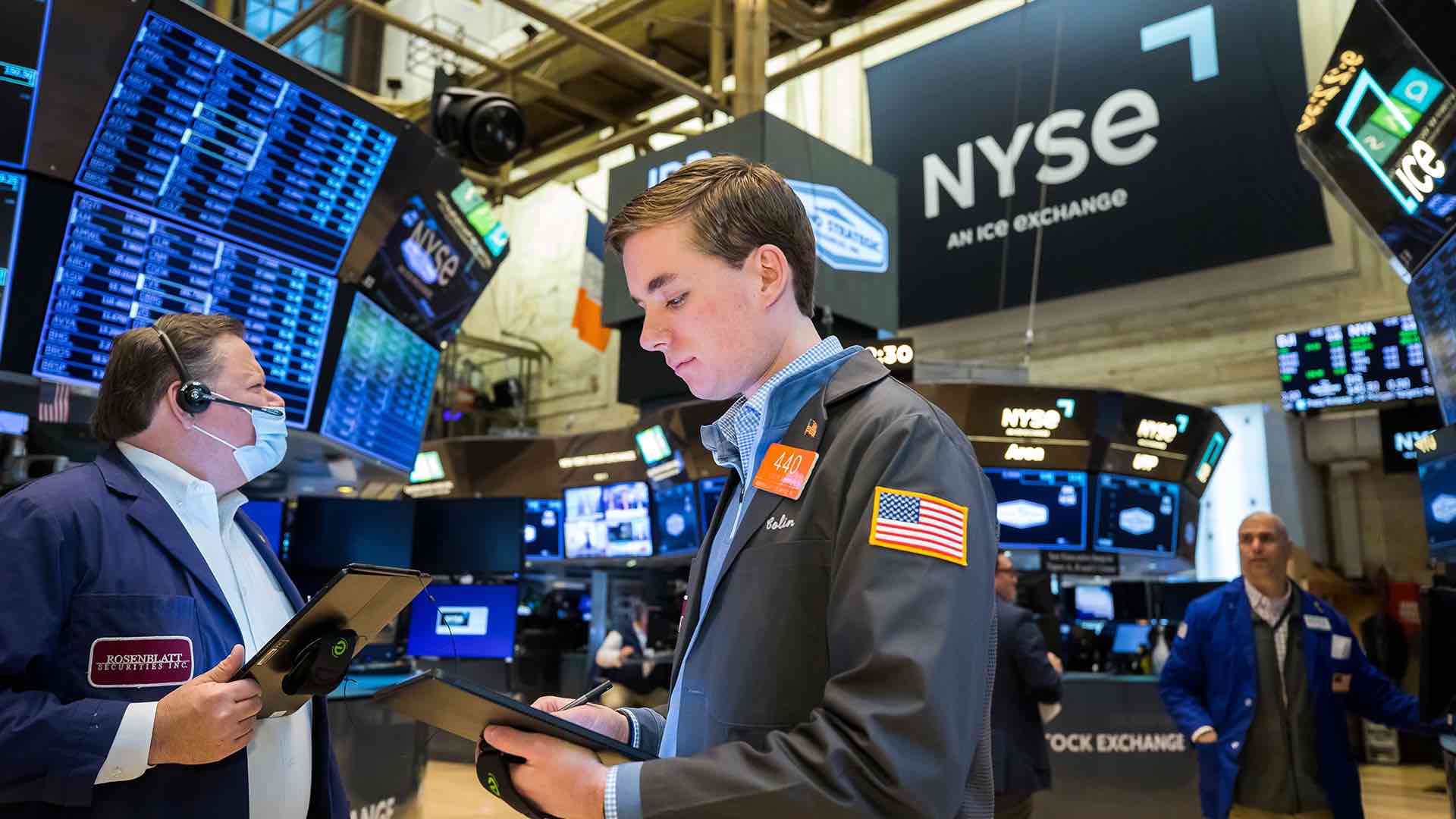 | | | | Tech companies have raised more capital on the NYSE than any other stock exchange. Together all our listed companies form a community committed to innovation, good governance and societal impact. Vision can become a reality on the NYSE. Learn more about listing. | | | | Was this email forwarded to you? Get your daily dose of What's Next magic by signing up for our free newsletter here. |  | It's called Smart Brevity®. Over 200 orgs use it — in a tool called Axios HQ — to drive productivity with clearer workplace communications. | | | | | | Axios thanks our partners for supporting our newsletters. If you're interested in advertising, learn more here.
Sponsorship has no influence on editorial content. Axios, 3100 Clarendon Blvd, Suite 1300, Arlington VA 22201 | | | You received this email because you signed up for newsletters from Axios.
Change your preferences or unsubscribe here. | | | Was this email forwarded to you?
Sign up now to get Axios in your inbox. | | | | Follow Axios on social media:    | | | | | |




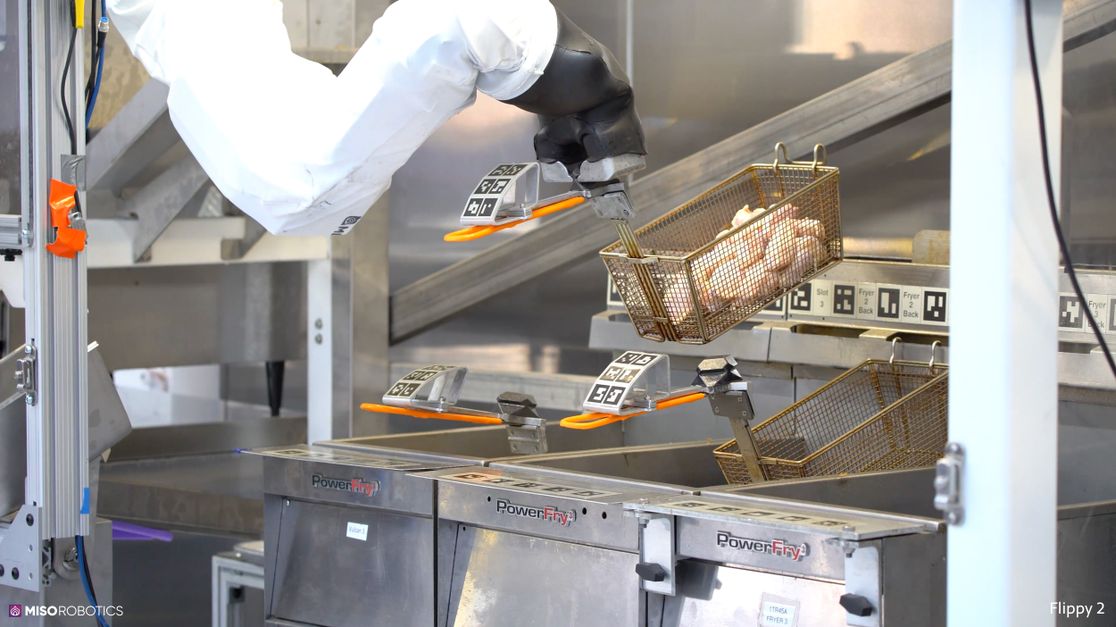




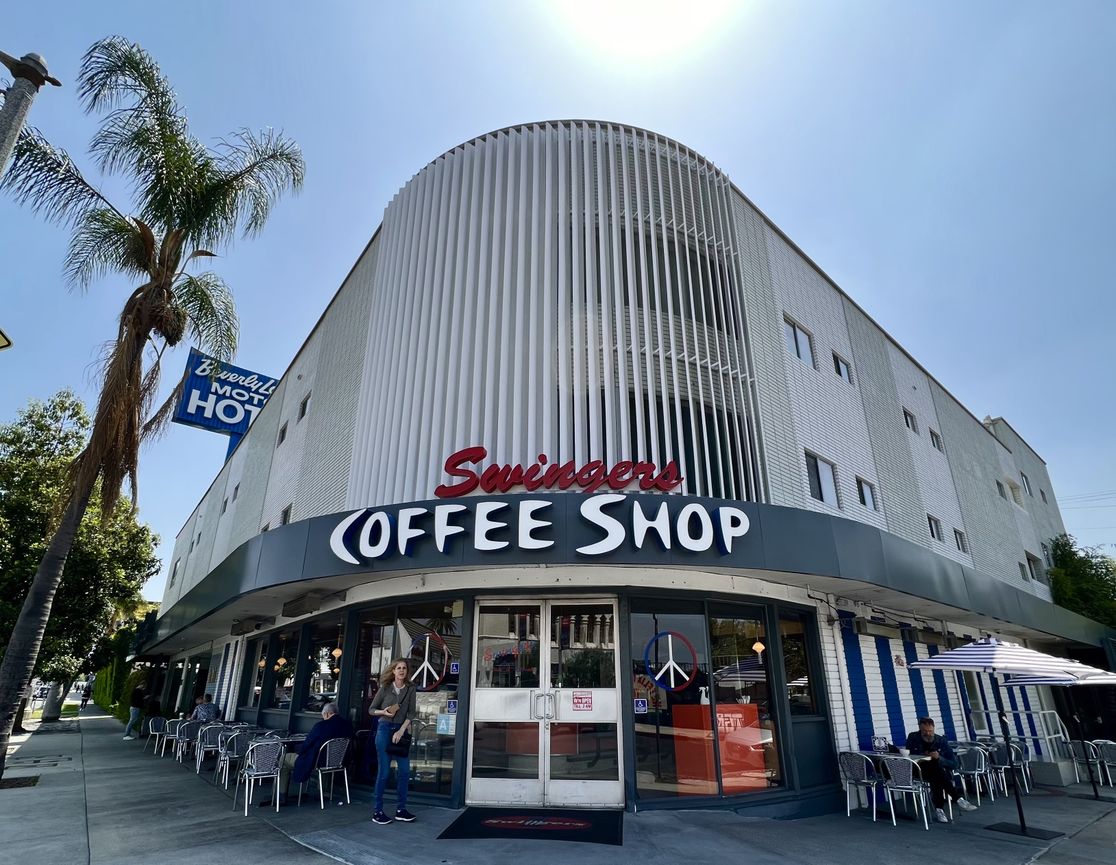

No comments:
Post a Comment